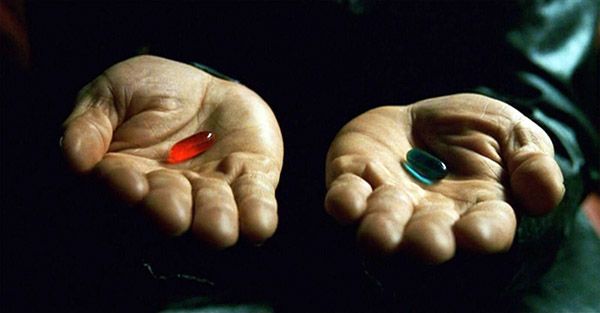Leibniz: Human Freewill *Wink
I wonder if Leibniz, somewhere deep inside himself, had this overwhelming feeling of giddiness when he wrote “Primary Truths”?
While he couldn’t predict the future, something within the eternal truth of himself must have tingled with the thought of philosophy students—350 years later—reading his words. Some part of his subconscious swelling because the version of his perfected-self, the version that God decided would be best for the world, was one where he is to be echo throughout history and pop culture.
Ah, but Gottfried was modest; “every individual substance contains in its perfect notion the entire universe” (266). He’ll be the first to admit the profound nature of a leaf or blade of grass—and that his mind is no better than yours or mine.



